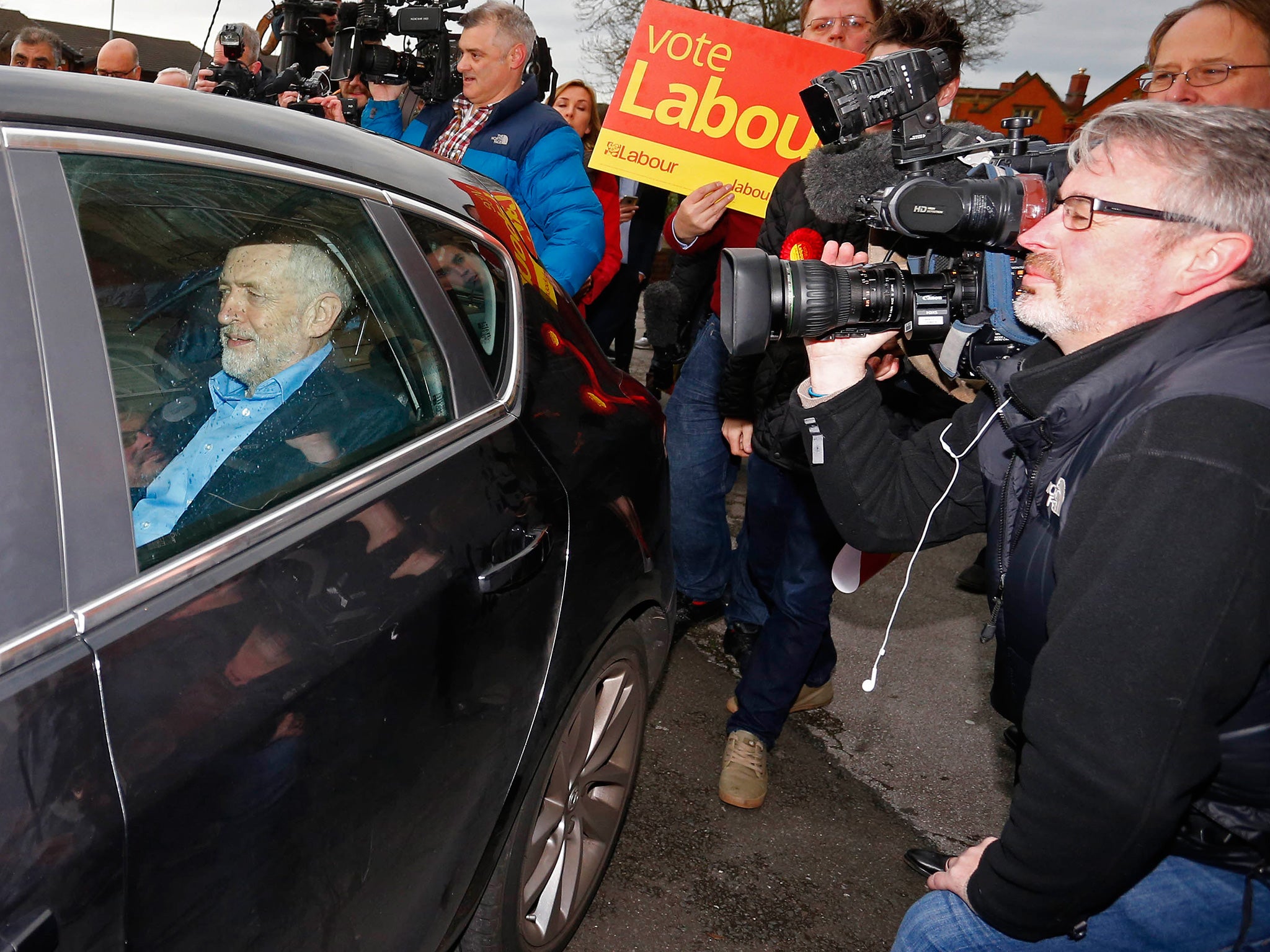Reshuffles should be about finding the best - not the most loyal - person for the role of Shadow Cabinet Minister
It is a system of patronage that damages the effectiveness of government - we should look to the United States and Canada for an alterntive way of appointing ministerial jobs

Your support helps us to tell the story
From reproductive rights to climate change to Big Tech, The Independent is on the ground when the story is developing. Whether it's investigating the financials of Elon Musk's pro-Trump PAC or producing our latest documentary, 'The A Word', which shines a light on the American women fighting for reproductive rights, we know how important it is to parse out the facts from the messaging.
At such a critical moment in US history, we need reporters on the ground. Your donation allows us to keep sending journalists to speak to both sides of the story.
The Independent is trusted by Americans across the entire political spectrum. And unlike many other quality news outlets, we choose not to lock Americans out of our reporting and analysis with paywalls. We believe quality journalism should be available to everyone, paid for by those who can afford it.
Your support makes all the difference.The political media has been in a frenzy for the last few days. A shadow cabinet reshuffle, a relatively new invention for Labour, has sent political speculators and potential movers and movees into a tailspin.
One thing you never hear spoken about is talent. Not once have you heard anyone talk about whether Hilary Benn would make a better Home Secretary than Andy Burnham or the merits of deploying Andy Burnham's straight talking northern style to international diplomacy.
Reshuffles are about power: Who is in, who is out, which faction wins, which faction loses. The fascination is made all the more intense when the Labour party is so fractured. It is a system of patronage which is deeply ingrained in the British political system.
Anyone with a ministerial post is obliged to vote with the party whip or resign. When you include junior ministers, party whips and parliamentary private secretaries (a form of ministerial internship) there are over 100 MPs with positions that bind them to the whip. Accepting a role means supporting the leadership.
Add to this the many who may want a job one day. As most MPs would see a ministerial post as the pinnacle of their political career, the promise of a job, or the threat of being overlooked for someone more loyal is a great tool of persuasion.
The whole system is an absurd way to run a government, or even a government in waiting. In order to work as a tool of party management, reshuffles have to be relatively frequent. To ensure loyalty a leader has to make sure the outs can see a way in, and the ins can see there is an out.
The ones that are chosen rarely get a fair chance. A report from the Political and Constitutional Reform Committee in 2013 described a 'reshuffle culture' that was damaging to the effectiveness of government. It cited a report from Demos in 2009 that showed that the average tenure of a minister in the 2005 Parliament was a little over a year.
The system also almost guarantees that government will never be effectively regulated by the people who are supposed to oversee it, MPs in Parliament. MPs who want a job are unlikely to be too critical of the government. MPs who have a job can't be. In business we abhor the revolving door between large companies and regulators; in politics we have institutionalised it.
Britain's reshuffle culture is not universal. In the United States where the public have a chance to directly elect the leader of their government the President is free to choose his cabinet from the whole country. From the beginning Presidents have brought in people from all walks of life to run departments. Occasionally they have even appointed people from the other side, such as when President Obama selected Chuck Hagel (a Republican) to be his Secretary of State for Defence. Senators and Congressmen freed of the coercive allure of government are able to get on with their job of providing oversight.
That of course is very different system of government, but Justin Trudeau's young, gender balanced cabinet that draws from a broad base of the Canadian Liberal Party has shown what can be achieved by a leader in a parliamentary system.
In Britain the public is tired of a system that puts amateurs in positions of authority and stifles any attempt to regulate them when things inevitably go wrong.
What we need is for our leaders, to start talking more about talent, experience and ability when making decisions about who will join them in leading the country. Now that really would be a radical change.
Join our commenting forum
Join thought-provoking conversations, follow other Independent readers and see their replies
Comments